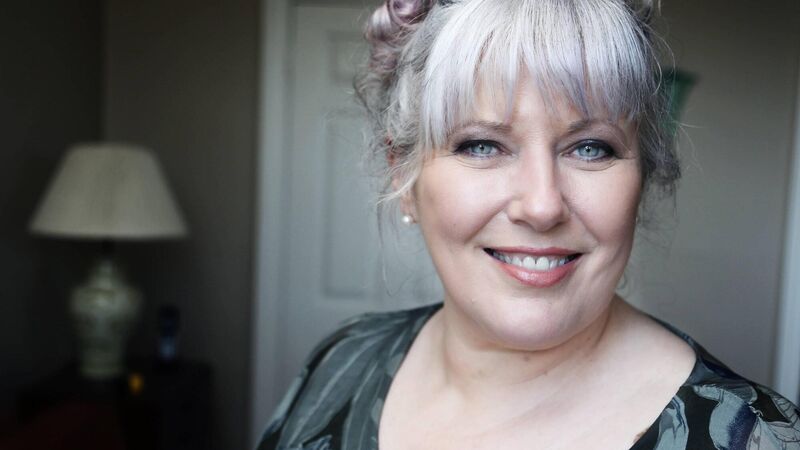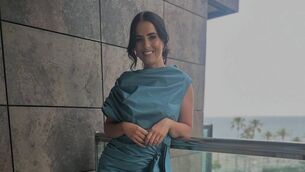Culture That Made Me: Majella Cullagh - party pieces, Sir Henry's and powerful opera

Majella Cullagh: performing at the Opera House this month
Growing up, at the drop of a hat I’d sing. In those days, gatherings — weddings, funerals, visiting a neighbour — invariably turned into a sing-song. It's a shame that it is dying out. Everybody had their party piece. There was a rule of honour that you didn't learn somebody else’s song. The first song I learned — when I was three — was 'Over the Rainbow' in my sweet little Alice-blue gown. It was then they discovered I could sing in tune.




